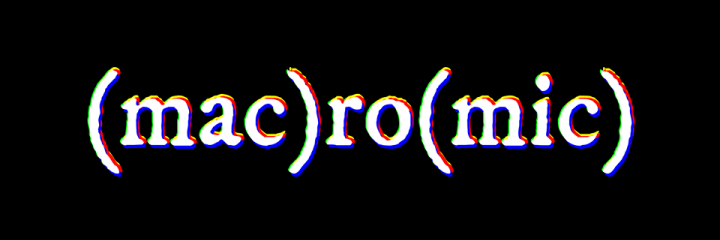Rain started the day and gray skies provided the appropriate ambiance for this pilgrimage. The bus was nearly full with over two dozen Poles all younger than I. There were some families with teenagers.
We descended from this lush green mountain valley, winding our way toward Krakow, passing the villages of Poronin, Rdzawka, and Chabówka, crisscrossing the small Skawa River several times. Closer to Krakow, we took a left turn. The green and yellow fields of corn and wheat gave way to a more industrialized area with huge, no longer used factories in every direction.
Within two and a half hours, the houses became gray and hazel. Even homes painted pastel colors were somehow steeped in a dull henna that would never wash out. The few flowers there were seemed sad and overwhelmed by the grayness of the place.
As our bus drew closer and closer to the camps, I had this overwhelming urge to shout, “No farther! Let me off! I want to go no farther! Don’t take me in there.” But the bus did all the same.
Arbeit Macht Frei. So the colossal sign spread above the gate reads. Nothing – not all the books written nor all the movies and documentaries made – can come close to the horrendous enormity of this place – and I didn’t even get to Birkenau!
Dachau was white gravel glistening in the Bavarian sun. All the wooden barracks had been destroyed before the Allies arrived. This place was row upon row of huge, three-story brick buildings. The Nazis stuffed hundreds of people in each, Polish intelligentsia and resisters in the beginning. Photographs of these early arrivals line the walls in one of the barracks. I looked for Skarbeks as I had in Warsaw’s Wilanow Palace. I didn’t find any.
The dates of entry and of death on each photo indicate most died within two months. Their faces stared back at me. The crowd I was with pushed me on against my will.
I stepped into the cell where the Jesuit priest Maximilian Kolbe starved to near death as he attended to nine others, all Jews. He was later executed. The space isn’t bigger than my walk-in closet.
I saw the nearby standing cells: think of an area no larger than four airplane seats, and brick it up. Cram four people overnight in this low-ceiling cellar with no air and take them out in the morning for more forced labor. I felt sick several times over during that hour and 45 minute tour.
I dreamed this morning of my father (who died aged 84, in 2007). I was in a strange place – outside a house I had never lived in. It had a walkway and this long, serpentine staircase to the front door. I couldn’t get in and called for my father. I knew he was inside but he didn’t come. I walked around the house and saw him (now about 40 years old) through the window. I went up the steps and met him as he was coming out. He turned to lock the door.
Because I could tell he neither saw nor heard me, I cupped his cheek in the palm of my hand. He – whom I never saw cry – leaned into it and wept. His shoulders shook with his sobs. He was alive – I was the one who was dead.
I immediately awoke and the image in front of me in its fullest form was that of two drawings on the walls of the washroom of the women’s barracks. The first was a large beautiful mural in shades of blue by a Polish woman. It depicted two men clad only in shorts and shoes, riding bareback on a pair of horses galloping across a rivulet. The second was on the wall directly opposite, with two sitting babies splashing in a puddle. Even in this place of death, there were affirmations of the glory and the wonder of life and tributes to this poor watered planet on which we live.
It is 4 AM as I finish writing this. It’s raining in Zakopane.
Christine Skarbek is a journalist, editor, translator, foreign student exchange coordinator pre-9/11 in metro Atlanta, GA, now living in Konstancin, Poland, author of the memoir The Colorful Kaleidoscope of My Uncharted Life: Confronting Power & Chaos, due out in November.
This piece is a short excerpt from that memoir.


Christine, you took a deeply depressing and difficult journey and managed to find and uplifting end to your journey. Good work.
LikeLike